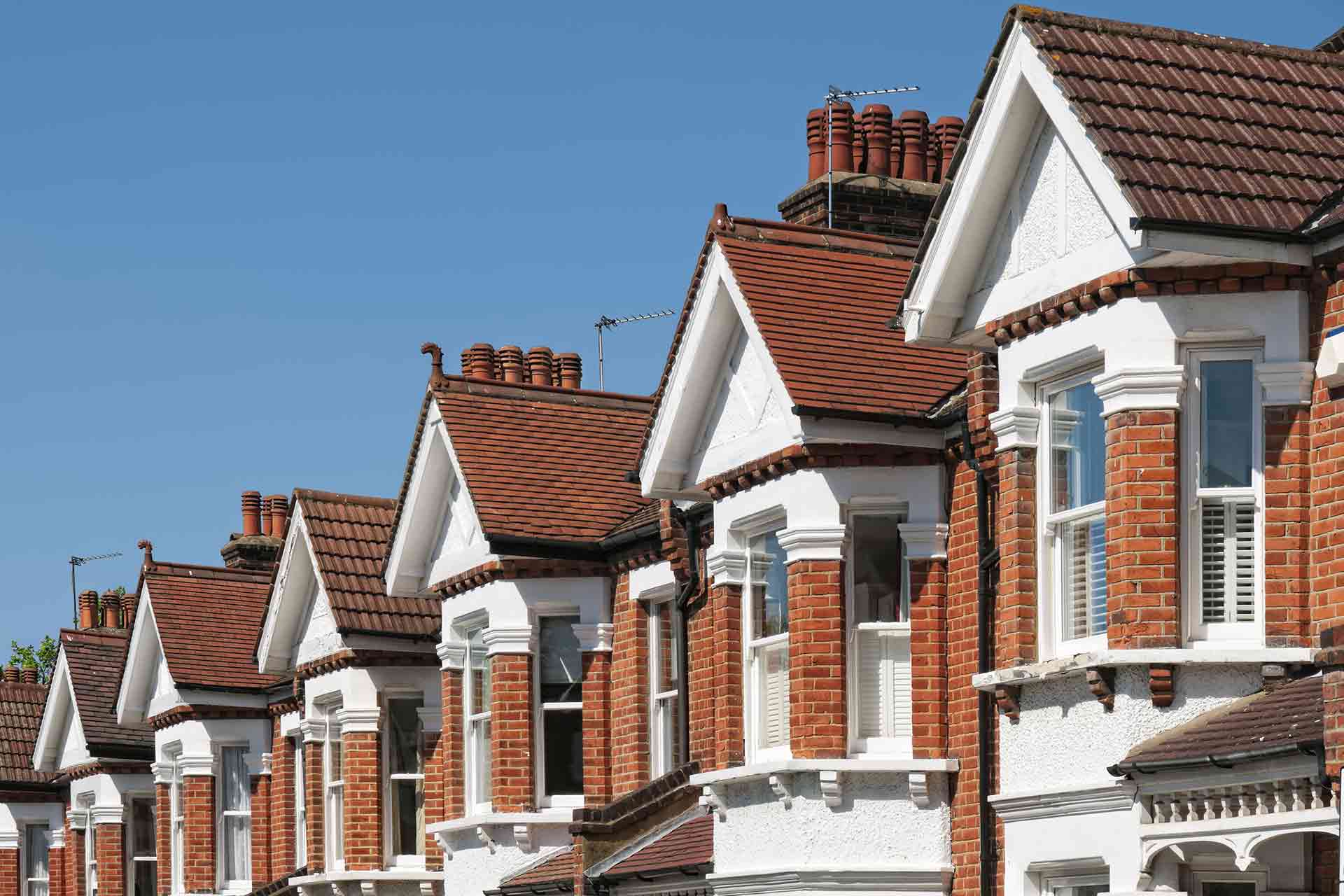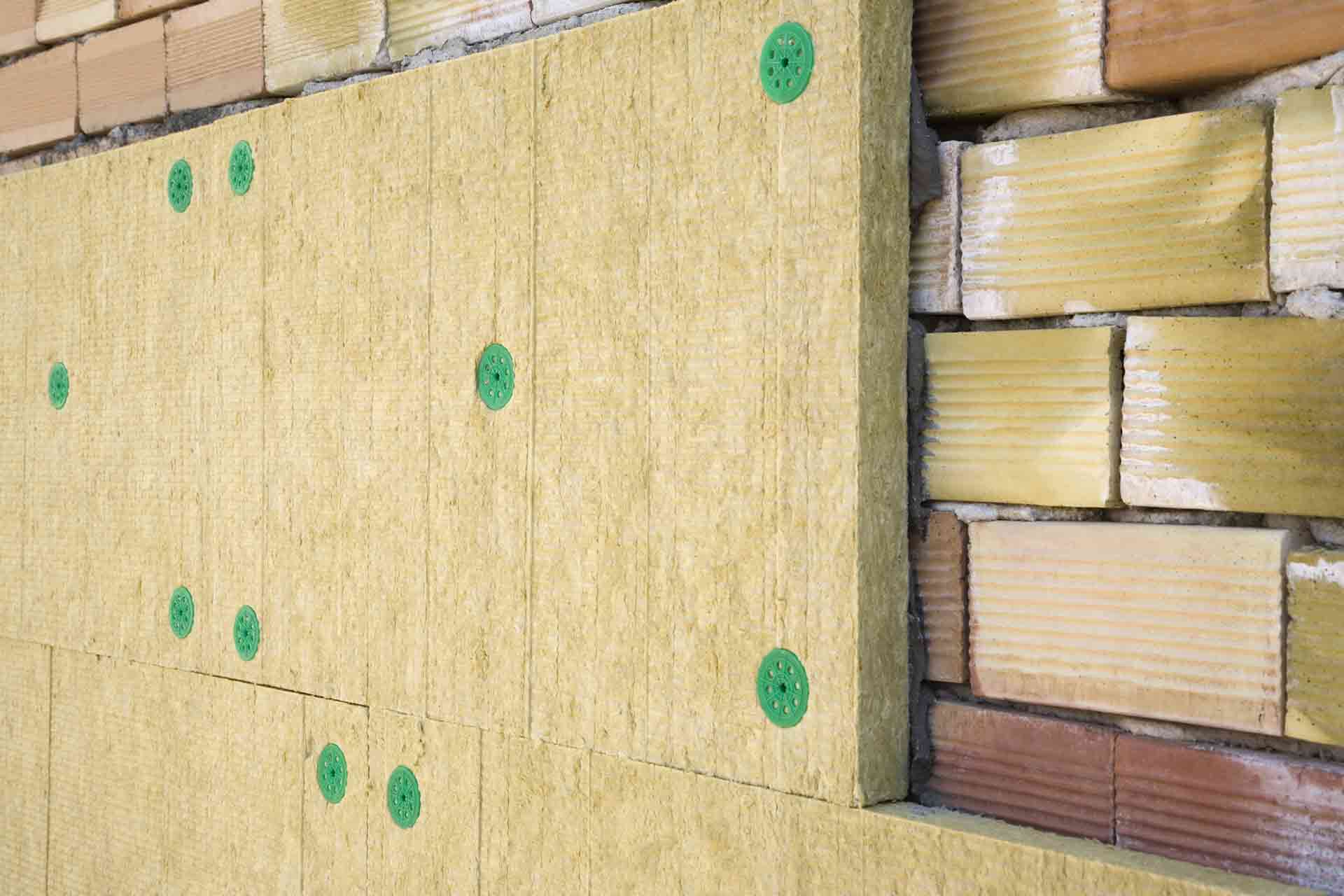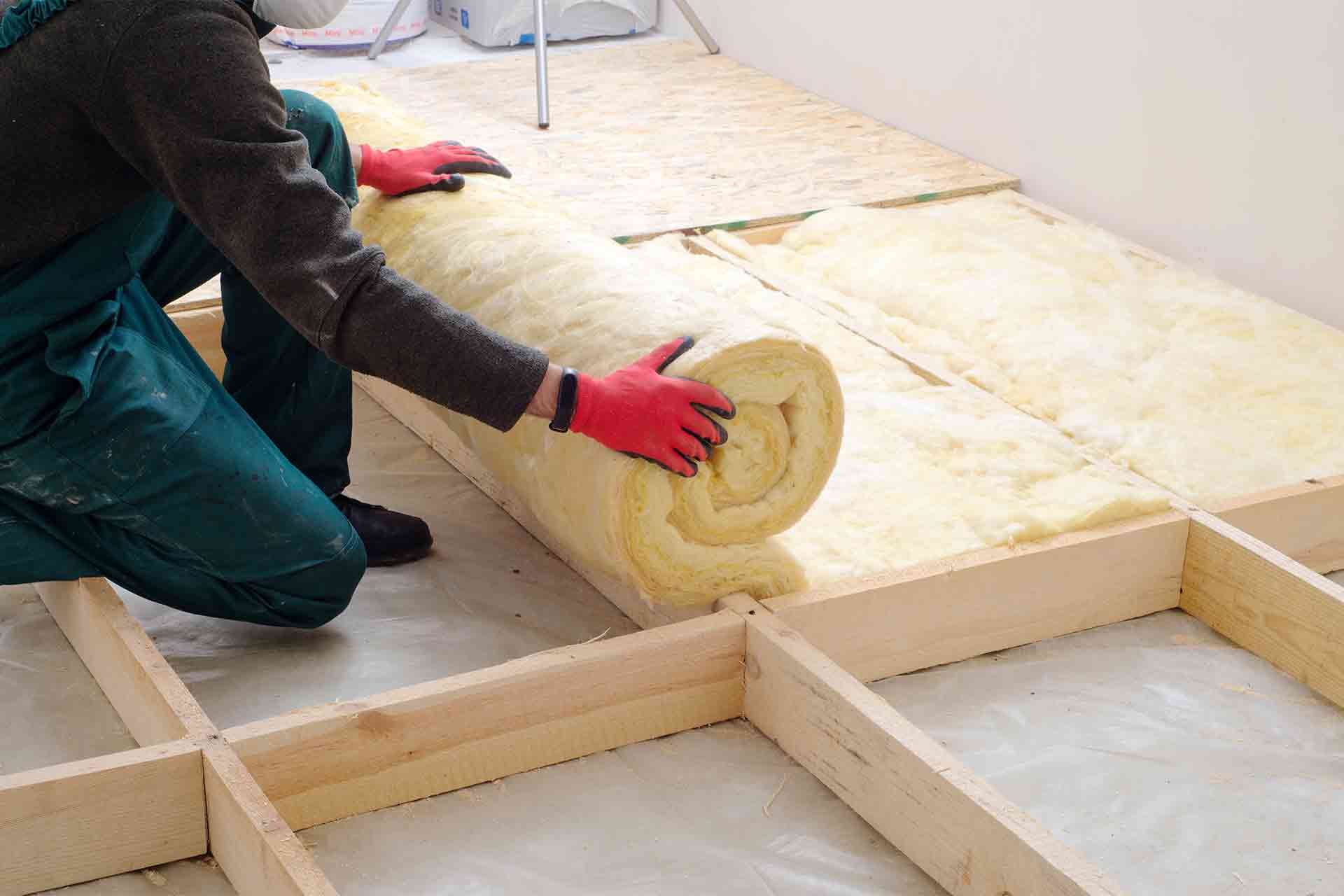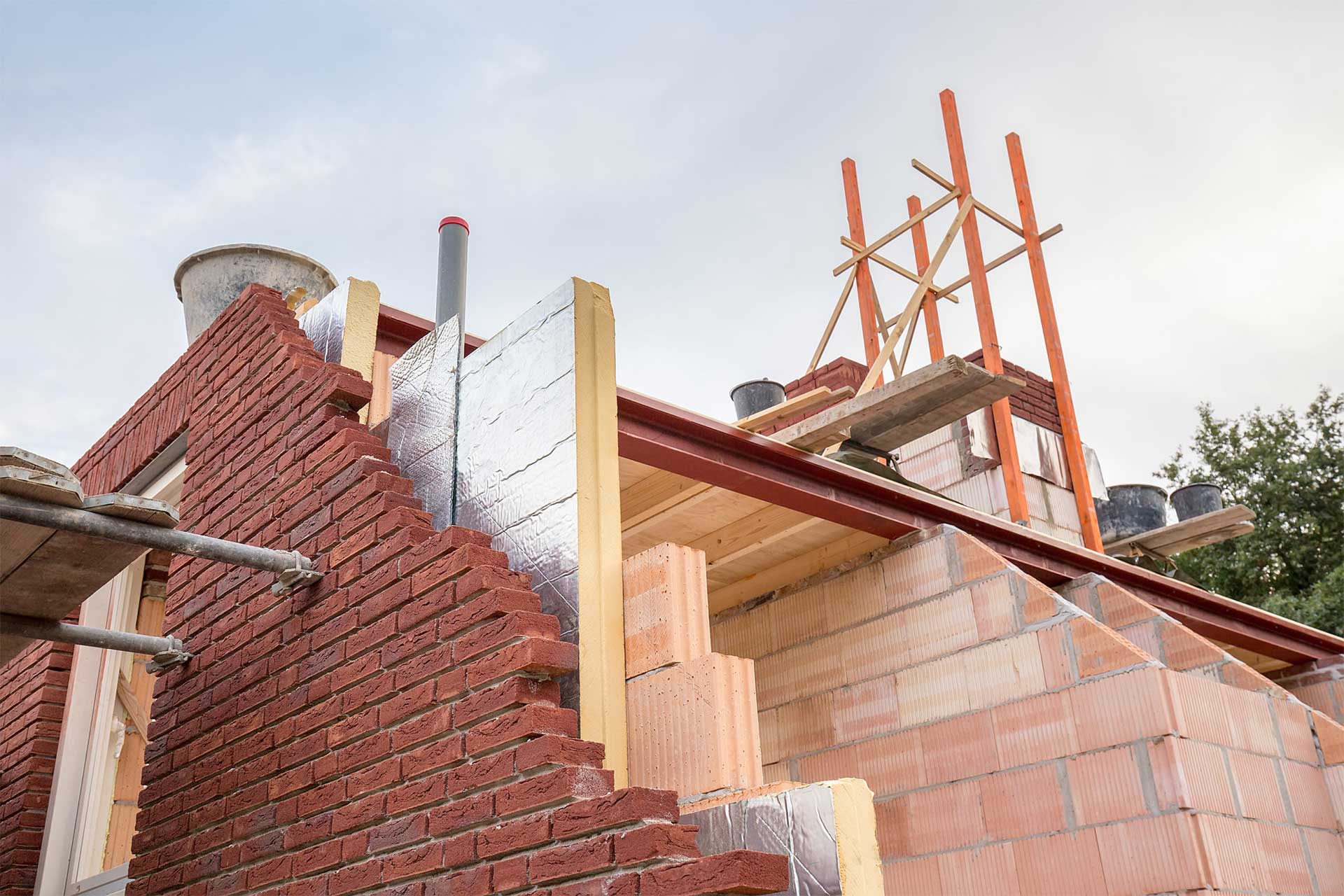Blog>Cost Guides>Retrofit insulation costs in 2025
Last updated: 27 June 2025
Retrofit insulation costs in 2025
Retrofitting home insulation has several worthwhile benefits. Find out how much retrofit insulation costs and the pros and cons of the options available in our comprehensive guide.

Fast Facts
Insulation can be retrofitted to a property's walls, loft/roof, and floors
A well-insulated home enjoys greater home comfort and lower energy bills
The most affordable methods of retrofit insulation are loft insulation and cavity wall insulation
Always hire a certified insulation installer to ensure proper installation and to avoid issues with damp
According to the Energy Saving Trust, in an uninsulated home, about 33% of heat loss is through the walls, and around 25% escapes through the roof.
If your heating is on full blast during the winter but your home still feels cold, it might be time to upgrade your insulation.
Retrofitting insulation can:
Save money on your heating costs
Improve your home comfort
Make your home more environmentally friendly
Retrofitting insulation is slightly more complex than insulating a new build property, as installers need to work around existing electrics, plumbing, and fixtures. For this reason, costs can be slightly higher.
Here, you'll find all you need to know about average retrofit insulation costs - across the walls, roof, and floor, including the potential cost savings of installation and the additional costs to be aware of.
How much does retrofit insulation cost?
| Item | Cost range (for a semi-detached house) |
|---|---|
| Retrofit cavity wall insulation | £2,500-£3,000 |
| Retrofit solid wall (internal) insulation | £8,000-£10,000 |
| Retrofit external wall insulation | £10,000-£12,500 |
| Retrofit loft insulation - rolls | £600-£1,000 |
| Retrofit roof insulation - spray foam | £3,000-£4,000 |
| Retrofit floor insulation - suspended | £1,500-£3,000 |
| Retrofit floor insulation - solid floor | £2,000-£4,000 |
| Last updated: April 2025 Our costs are ballpark averages - get a local tradesperson to quote now | |
The cost ranges in the table provide a guide as to what you can expect to pay for retrofit insulation (low-high).
Costs will vary depending on several factors. Contact certified insulation installers covering your local area to get a quote for your property.
See the tradespeople we've checked and recommend for your job
Retrofit wall insulation cost
Wall insulation helps retain heat in winter and keeps homes cooler in summer.
The method of insulation you choose depends on whether you have cavity walls or solid walls.
How much does cavity wall insulation cost?
Cavity walls (common in homes built between 1920 up to around the mid-80s) can be insulated by injecting insulating material into the space between the bricks, i.e. 'the cavity'.
Cost: Cavity wall insulation costs between £2,500-£3,000 for a small, semi-detached house
Savings: The Energy Saving Trust estimates annual savings of around £240 with cavity wall insulation installed (in a semi-detached home)
Pros: Cavity wall insulation is cost-effective and can be installed relatively quickly
Cons: Not suitable for all homes - a surveyor can inspect your walls to be sure
How much does solid wall insulation cost?
Solid walls (more common in older homes) can be insulated either internally or externally.
Cost: Internal wall insulation costs between £8,000-£10,000 ; External wall insulation costs between £10,000-£12,500
Savings: The Energy Saving Trust estimates annual savings of around £320 with solid wall insulation installed (in a semi-detached home)
Pros: High potential savings on your energy bills
Cons: High cost and may require planning permission
NB. Retrofitting wall insulation may require you to upgrade your home's ventilation to prevent damp issues. Always work with a certified installer, who can offer the necessary guidance.
See the tradespeople we've checked and recommend for your job
Retrofit loft insulation cost
Loft insulation is arguably the easiest kind to fit retrospectively, especially if you insulate at the joists.
How much does loft insulation cost?
Loft insulation cost (joists): Expect to pay between £600-£1,000 (providing you have easy access to your loft)
Roof insulation cost (rafters): Costs normally sit between £3,000-£4,000 (spray foam insulation sits at the higher end of this price scale)
Savings: The Energy Saving Trust estimates annual savings of around £230 with loft insulation installed (in a semi-detached home)
Pros: Quick to install and significant heat retention; good in irregular or hard-to-reach areas
Cons: Spray foam insulation can cause ventilation issues and damp if not installed correctly, which can impact mortgage eligibility
Related content: Learn more about loft insulation and the various materials available for UK homes.
See the tradespeople we've checked and recommend for your job
Retrofit floor insulation cost
Floor insulation helps to reduce draughts and retain warmth. If you’re tired of feeling icy cold floors beneath your feet in the winter, this one's for you.
The method of insulation you choose depends on whether you have suspended timber floors (cavity floors) or solid, concrete floors.
How much does suspended timber floor insulation cost?
If you have suspended floors, you might experience cold air rising between your floorboards.
To prevent this, the floorboards can be removed, and the space beneath them can be filled with insulating materials.
Cost: Suspended floor insulation tends to cost between £1,500-£3,000 per ground floor
Savings: The Energy Saving Trust estimates annual savings of around £70 with insulation installed under the floorboards on the ground floor (in a semi-detached home)
Additional costs: If the price doesn't include the removal and replacement of the floorboards, you'll need a carpenter to handle this for you. Carpenters tend to charge between £30-£45 per hour
There are several insulating materials, each with its pros and cons. Whichever type you select, choose installation by a checked installer to avoid issues with damp.
Contact a certified insulation installer covering your local area for guidance on the optimal solution for your home.
How much does solid floor insulation cost?
Lots of new homes are built with solid floor bases made from concrete or screed. However, you can still add insulation if you want to make your floor feel warmer underfoot.
Cost: You can expect to pay between £2,000-£4,000 for solid floor insulation
Additional costs: Adding floor insulation to a concrete or screed floor will increase the total floor depth — you may need to budget for adjustments to doorways and thresholds, plus new skirting boards. Expect to pay between £30-£45 per hour for this type of work
How is solid floor insulation installed?
Retrofitting solid floor insulation involves carefully removing your floorboards to avoid damaging them
A layer of rigid insulation is then placed directly on top of the concrete or screed, followed by chipboard
Your floorboards can then be laid back over the top
NB. Floor insulation must be installed in accordance with current building regulations.
See the tradespeople we've checked and recommend for your job
Key takeaways
The cost of retrofitting insulation will vary based on the method and materials you choose and the size of your home
Retrofitting insulation can significantly reduce energy bills
Ventilation upgrades may be necessary to prevent damp
Retrofitting insulation could require some superficial work, e.g. to skirting, doors, and thresholds
Remember that small fixes such as repairing joins at windows can also help to improve your home’s efficiency
Get quotes for retrofitting insulation in your home from installers we've checked and reviewed. Simply search your postcode to get started.
FAQs
What is the cheapest way to insulate a home?
Two of the most affordable types of insulation to retrofit are loft insulation and cavity wall insulation.
Does insulation increase home value?
Energy efficient homes are more attractive to potential buyers and therefore can help to increase property value.
According to the Government's Department of Energy and Climate Change (DECC), making energy-saving improvements to your home increases the value by 14% on average — and up to 38% in some parts of England.
Can I get financial help for insulation?
Government schemes such as the ECO4 Scheme, The Warm Homes Local Grant, and The Great British Insulation Scheme offer financial help to eligible homes to help with the cost of green home improvements.
See the tradespeople we've checked and recommend for your job
More Cost Guides
See the tradespeople we've checked and recommend for your job




